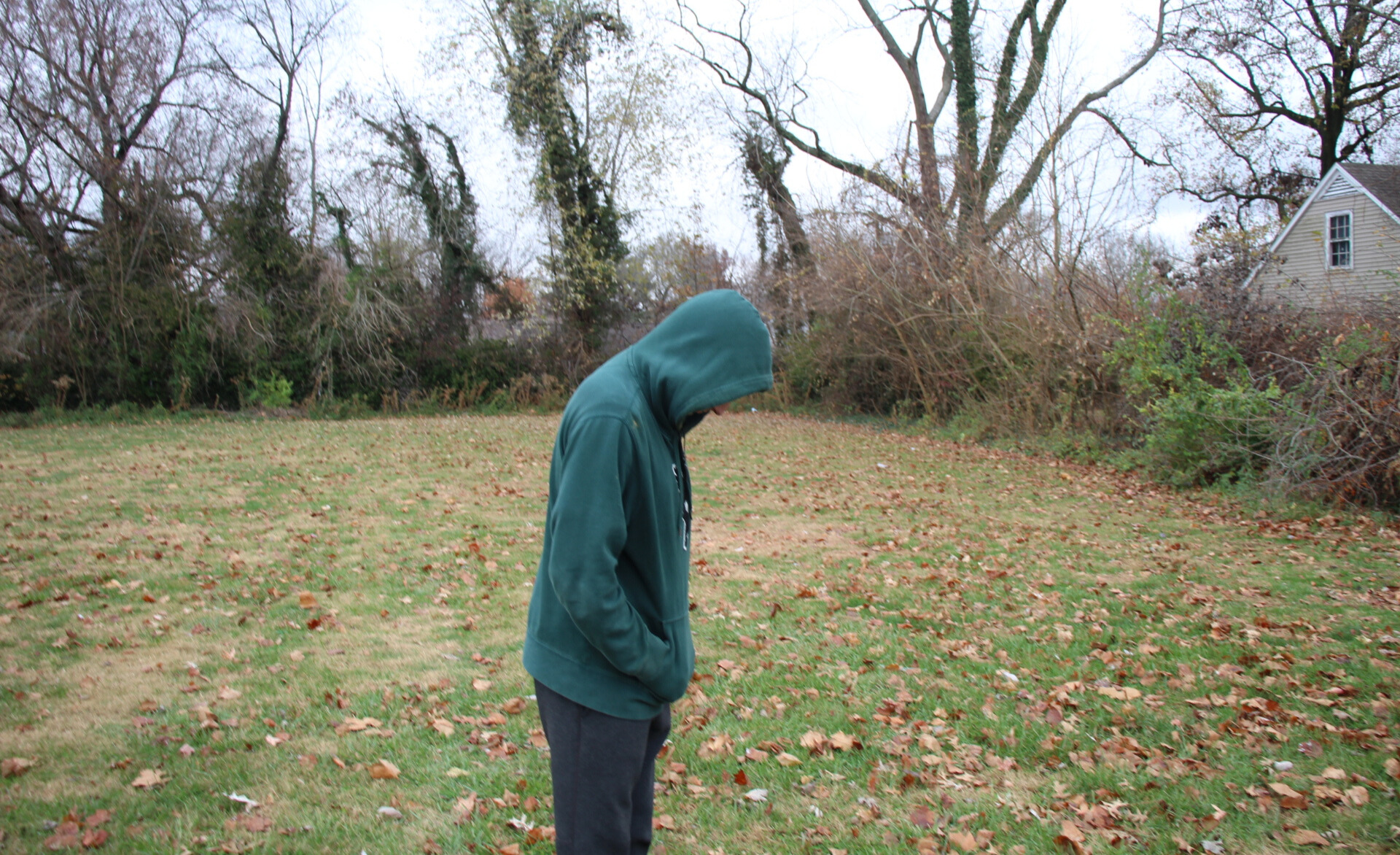With the cold weather and many seasons coming and going many people struggle with seasonal depression, but in particular teenagers. Teenagers all around the world deal with seasonal depression every year. The question to ask ourselves is what it is and why we experience it.
Seasonal depression is a mood disorder that happens yearly during certain seasons. Individuals experience this for many different reasons such as lack of sunlight, holiday stress, being lonely, etc. The weather also has a significant impact on your mood and mental state as well. People all over the globe struggle with seasonal depression. Seasonal depression is self-diagnosable, but it could get to the point of seeking medical attention for some.
In most cases, seasonal depression begins in late fall and goes through all of the winter months. Less commonly, people with the opposite pattern struggle with seasonal depression in the spring and summer months. In both cases, symptoms may start mildly and over time progress and become more severe.
Symptoms of seasonal depression may include sadness, loss of motivation, losing interest in things you once enjoyed, feeling sluggish, oversleeping, eating more than usual, feelings of hopelessness and worthlessness, and some even experiencing suicidal thoughts.
In a schoolwide, anonymous, online survey, it was found that HHS Students, surprisingly, were split down the middle when asked if they are affected by seasonal depression. Many who said they are stated that they exhibit symptoms such as losing interest in previously enjoyed activities, becoming sluggish, self-isolating, constantly being tired, and many more.
Though many other students don’t believe they have seasonal depression, they notice it affecting those around them and they are aware of how it works and know why it happens. The short version was explained well by one, who said “It gets darker earlier and colder earlier therefore, people get tired earlier and are always tired…less motivated.” (Anonymous)
Interestingly, the conclusion can be made that though HHS students are aware of and understand seasonal depression as well as notice it among their peers, they don’t notice it among themselves nearly as equally. The working theory is that people, especially teenagers, don’t want to associate themselves with a mental health diagnosis such as depression. The stigmatism against having a mental illness that says it’s unnatural or embarrassing is an unhealthy societal standard that causes many people to go undiagnosed and without help due to their embarrassment or denial.
There are many ways that seasonal depression can be helped, but it’s not something that completely goes away. Having seasonal depression in the fall/winter seasons can be caused by a lack of sunlight. To help with this it is recommended to get a sun lamp or invest in light therapy, it can change your moods tremendously. We need some sort of light every day because it supplies our body with vitamin D and serotonin. Serotonin and vitamin D are the endorphins in our body that cause us to be happy, so when we don’t have that in the winter months it can cause our bodies to shut down and get lazy, which causes seasonal depression.
As for feeling seasonal depression in the summer, it can be caused by the heat increasing, humidity levels rising, and lack of socialization. Exercising, eating healthy, and taking care of your body is a huge part of summertime seasonal depression.
If you notice your friends or family members struggling with seasonal depression, just make them aware that you are there for them.










